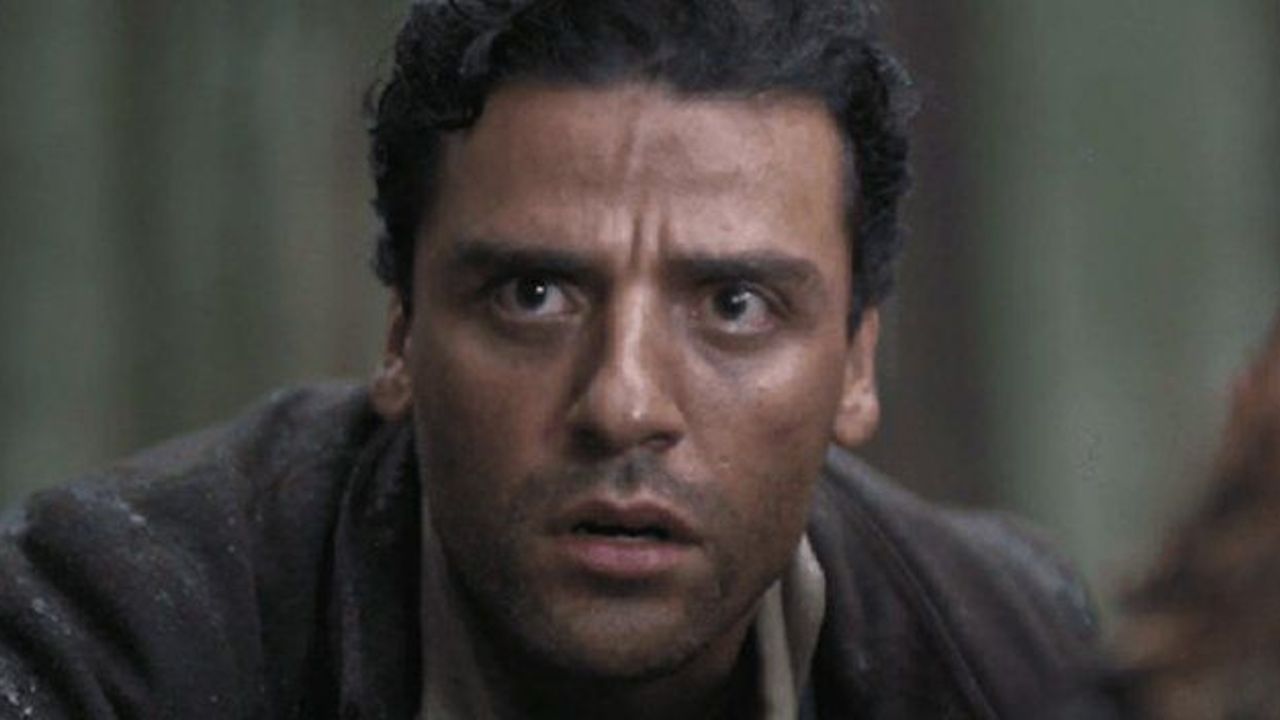'The Promise' – Armenian propaganda explores new frontiers
Few would disagree today with the statement - “money works wonders”. For example, using immeasurable financial investments, it is possible to build a beautiful city in the desolate desert, and do many other things.

Well, if you are engaged in propaganda, promoting some ideas or trying to manipulate history and historical facts on a global scale, then in this field, with solid financing, you can achieve very good results. For example, if you want to present the events of 1915 in the Ottoman Empire to the world as "genocide", then it will not be enough to buy different historians and MPs, so that the first would write and the latter would vote. You need to reach out to the masses, and how can you do that? For example, by hiring a well-known director and ordering a film about your product.
Just like the Armenian lobby did. With the money of the Armenian billionaire Kirk Kerkorian, they hired a well-known Irish director Terry George, who, with the involvement of famous actors, made the film called "The Promise" for the Armenian side.
Terry George is a director of quite famous pictures, the most famous of which is the film "Hotel Rwanda", the film tells about the genocide in Rwanda. I suppose that this fact played a significant role for the Armenian side in the choice of director. But, unlike the Rwandan genocide, "Armenian genocide" is a moot point. The Armenian lobby and the Armenian Government continue to convince the world that the 1915 events in the Ottoman Empire were exactly the «genocide of Armenians".
With Kerkorian’s money, who by the way didn’t live to see the premiere of the film, world famous movie stars such as Christian Bale and Jean Reno were involved, that should provide the additional success of the film, and bring the product to the masses.
In addition, the film has a very solid PR budget, a large number of major media was involved, and also social networks are actively used to promote the film. However, given that the majority of film critics and journalists are not familiar with the history of the Ottoman Empire, and even less so, with what happened there in 1915, many flaws can be found among reviews in the media. For example, Benjamin Lee from The Guardian, writes in his review dedicated to this film - “The film starts in Armenia in 1914”,and in the same review Benjamin Lee mentions “the growing tensions between Turkey and Armenia” back then. What conclusion can be drawn from the scribbles of Lee? Either the author, due to his incompetence in the matter, does not know that in 1914 there was no Armenian (the Armenian Republic first appeared only in 1918) and so there could be no tensions between Turkey and Armenia, or the author deliberately (which is not uncommon for the Guardian, because the newspaper is going through hard times) misleads the reader.
Also noteworthy are the statements of Terry George himself. For instance, Bruce Kirkland at "Toronto Sun" (premiere of the film took place in Toronto) quotes the words of the director, in which he encourages to “bring the discussion out in the open” and think about “how do we reconcile these two nations again”. It is a bit strange strategy for reconciliation, to be honest, because, as a rule, a person who wants to reconcile the two sides tries to be neutral and impartial. It is difficult to reconcile the two nations if you deliberately sided with one of them, and did so not for free. As for "open discussion", the Armenian side refused from it, when rejected the idea of establishing an international commission of historians to investigate the events of 1915.
Of course from this film the audience will not learn that the Armenian gangs armed by tsarist Russia began a massacre of Kurdish and Turkish peasants already in 1914, nor will they know how it could happen that in the course of the "genocide", the death toll of Armenians was higher than the number of Armenians that ever lived on these territories.
The film “The Promise” is the next stage in the process of manipulation of history started by the Armenian lobby. It is regrettable that in order to incite hatred against Turks and Turkey, Armenian nationalists have decided to use the cinema, thereby distorting the historical picture and poisoning the minds of people with their propaganda.
Ali Hajizade, a political scientist, head of the project "The Great Middle East"






